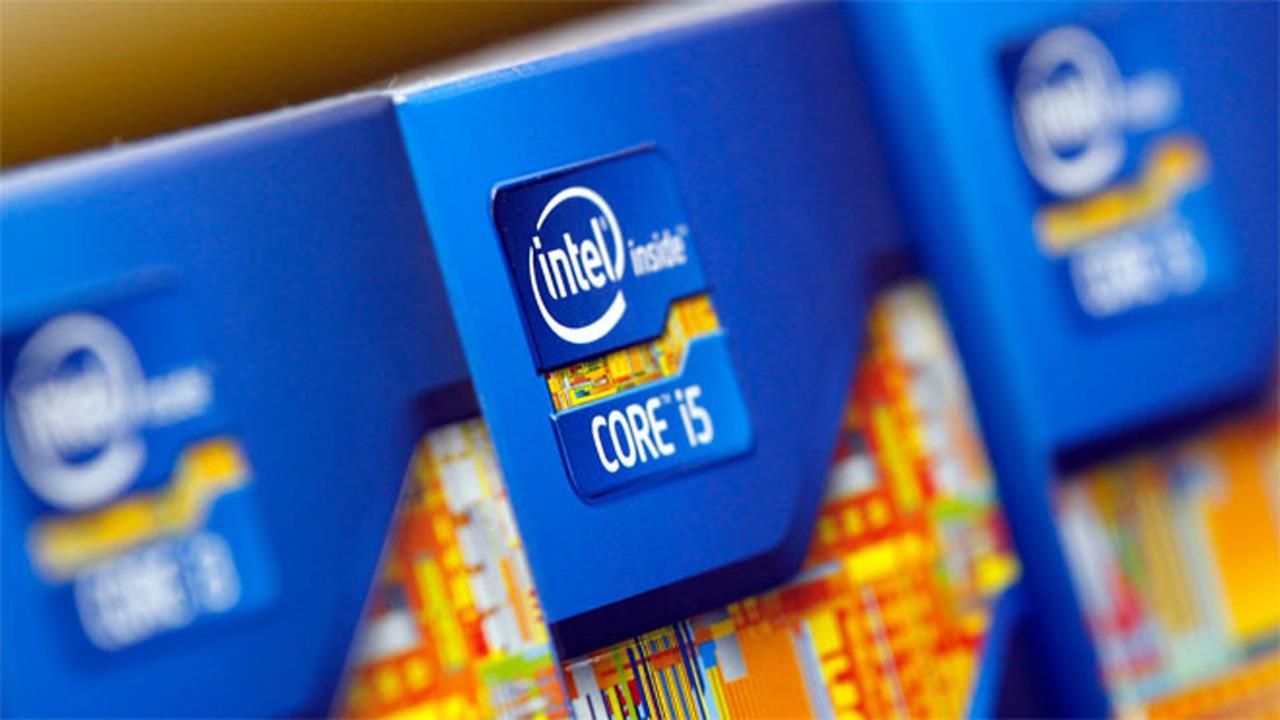Intel falls as investors worry about costs of fixing chip bug
Intel Corp (NASDAQ:INTC) shares fell nearly 3 percent on Thursday as investors worried that newly disclosed bugs in the company’s widely used computer microprocessors could be costly to mitigate.
The largest maker of microprocessors confirmed on Wednesday that the vulnerabilities disclosed by a group of researchers affected computers, phones and other devices. Apple Inc (NASDAQ:AAPL), Microsoft Corp (NASDAQ:MSFT) and other software makers have issued patches to mitigate the threat from the vulnerabilities, which hackers could exploit to steal sensitive data.
“The potential liability is big for Intel,” said Eric Johnson, dean of Vanderbilt University’s Owen Graduate School of Management. “Everybody will be scrambling over the next few days to figure out just how big it is.”
Lawyers filed a lawsuit in San Jose, California, federal court on Wednesday that sought class action status for people who had bought vulnerable Intel chips or computers with ones installed on them.
The lawsuit said the patches could “dramatically” degrade performance of affected systems, giving customers the “unappealing choice” of deciding whether to replace the processor, buy a new computer with one that is not vulnerable, install updates that degrade performance, or do nothing and risk getting hacked.
While more lawsuits are likely to follow, Intel’s biggest customers are likely to quietly seek compensation for any harm caused by the vulnerabilities, including costs to patch machines or replace microprocessors, Johnson said.
Those customers include computer makers, large internet and cloud-computing companies, and big enterprises with large numbers of computers running on Intel processors, he said. It is hard to estimate the amount of such compensation, Johnson added.
Intel shares were down 2.8 percent at midday, following a 3.4 percent decline on Wednesday.
Rival Advanced Micro Devices Inc (NASDAQ:AMD) climbed more than 5 percent as investors speculated the vulnerabilities could help the No. 2 maker of microprocessors woo customers away from Intel.
Shares of AMD rose, even though researchers had said some of its chips had one of the two vulnerabilities disclosed on Wednesday, as do processors from ARM Holdings.
Some Wall Street analysts said the vulnerabilities were unlikely to affect Intel’s long-term performance.
“We believe the impact to Intel’s financials and long-term market share is minimal,” Instinet analyst Romit Shah wrote in a note to clients.
Evercore said in a note that Intel had previously been able to patch vulnerabilities without causing financial repercussions.




















